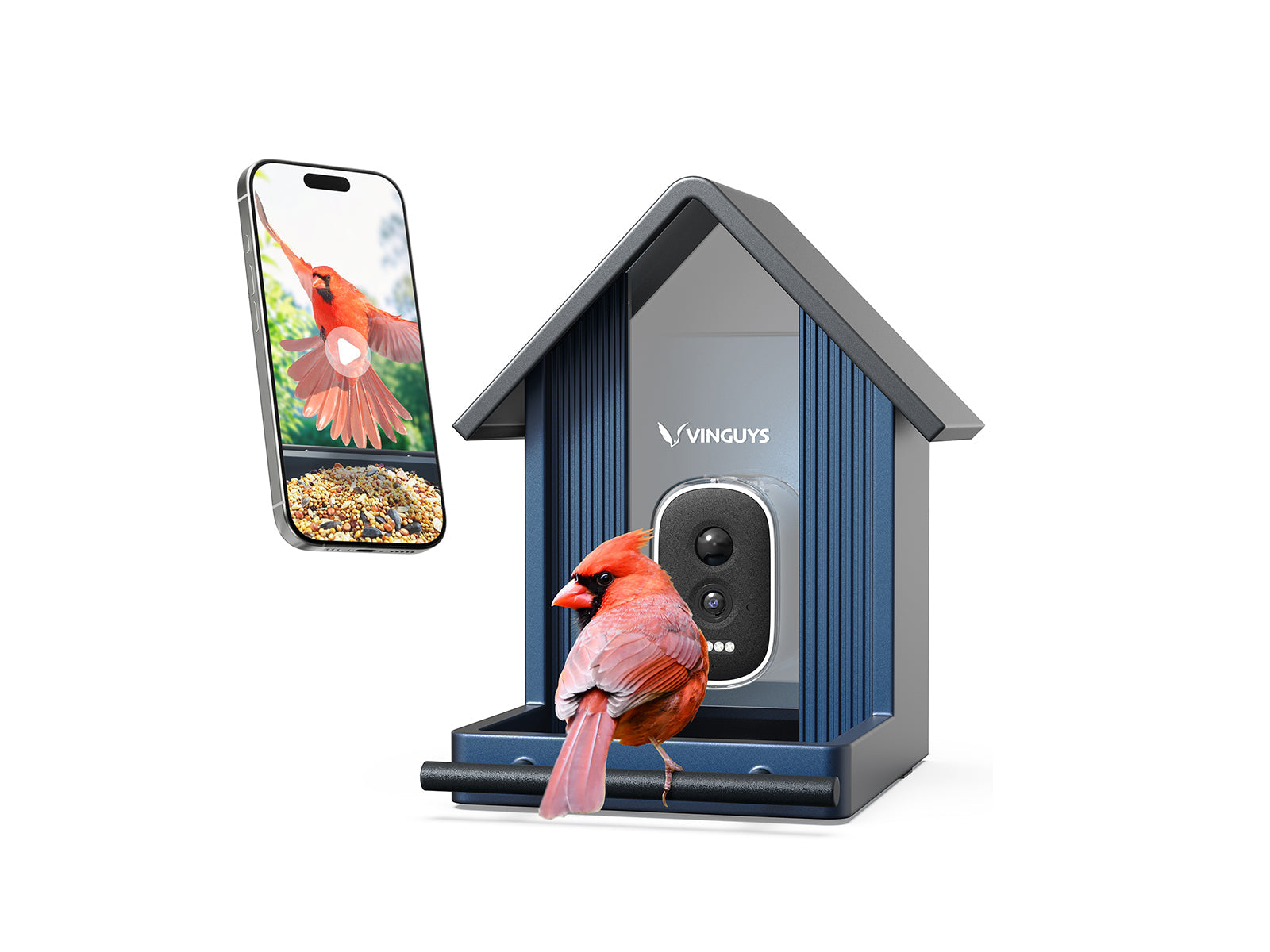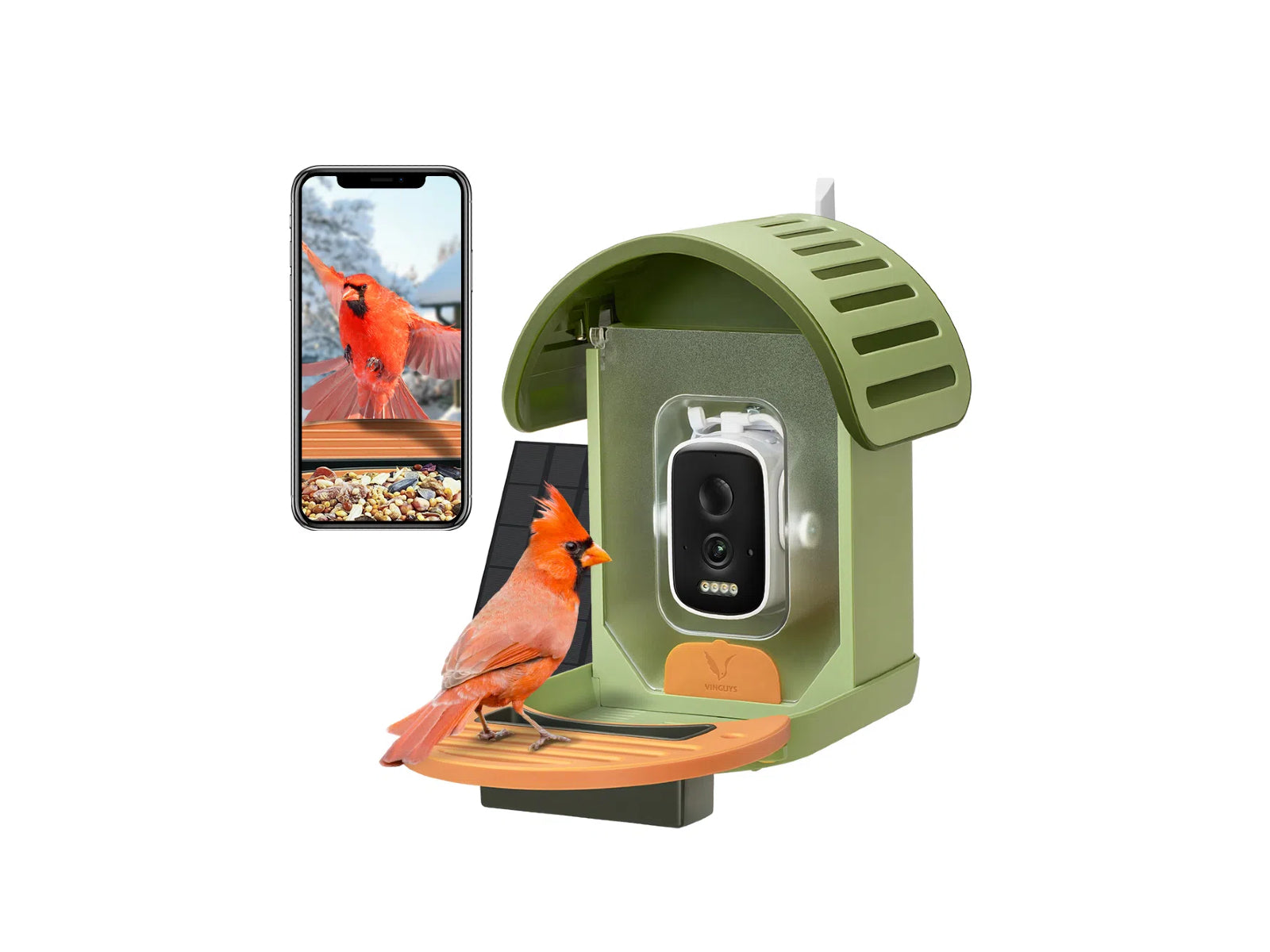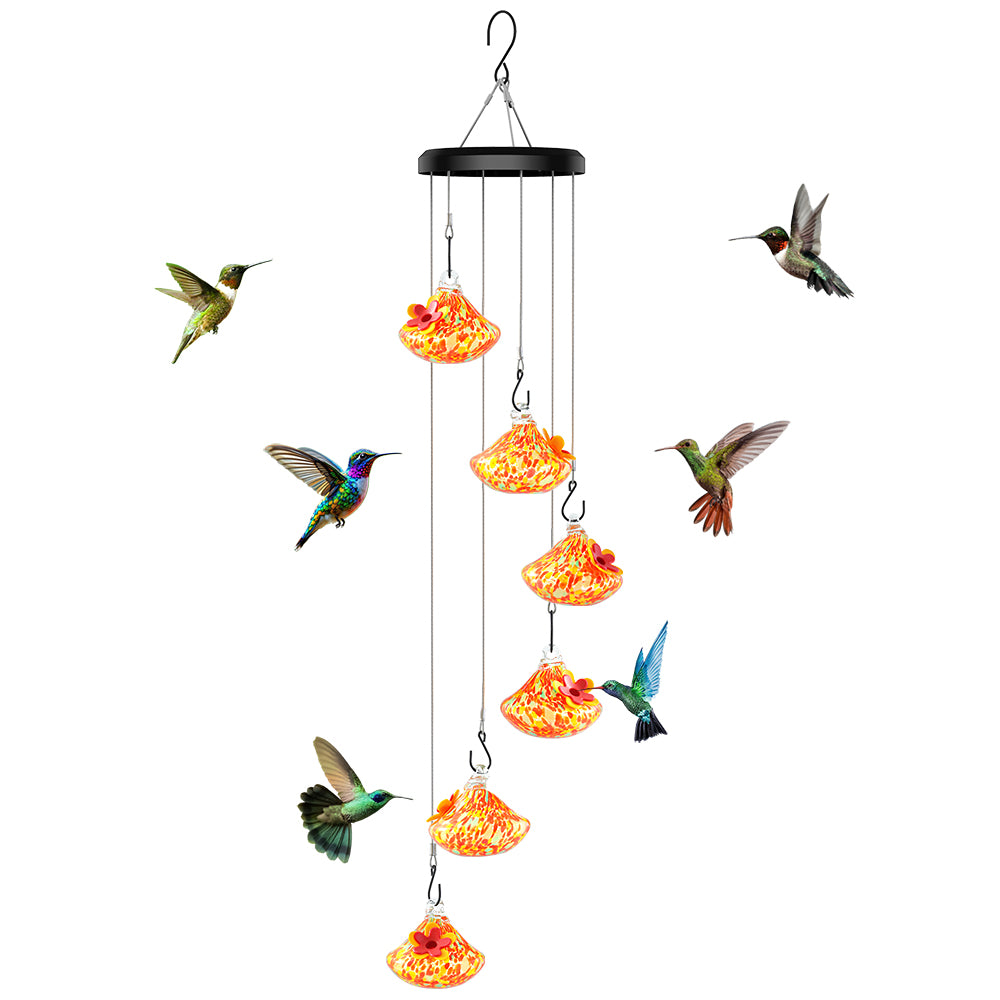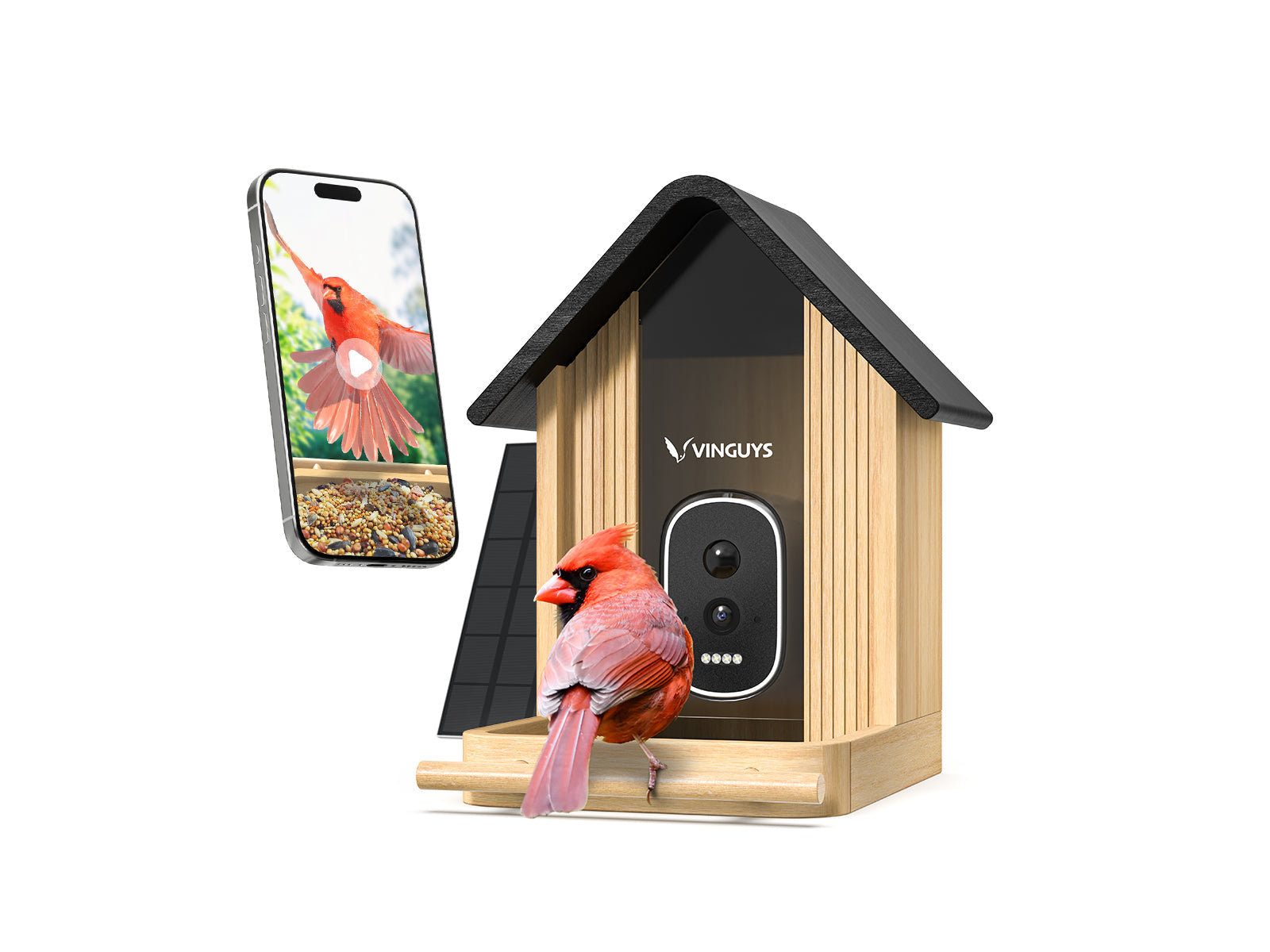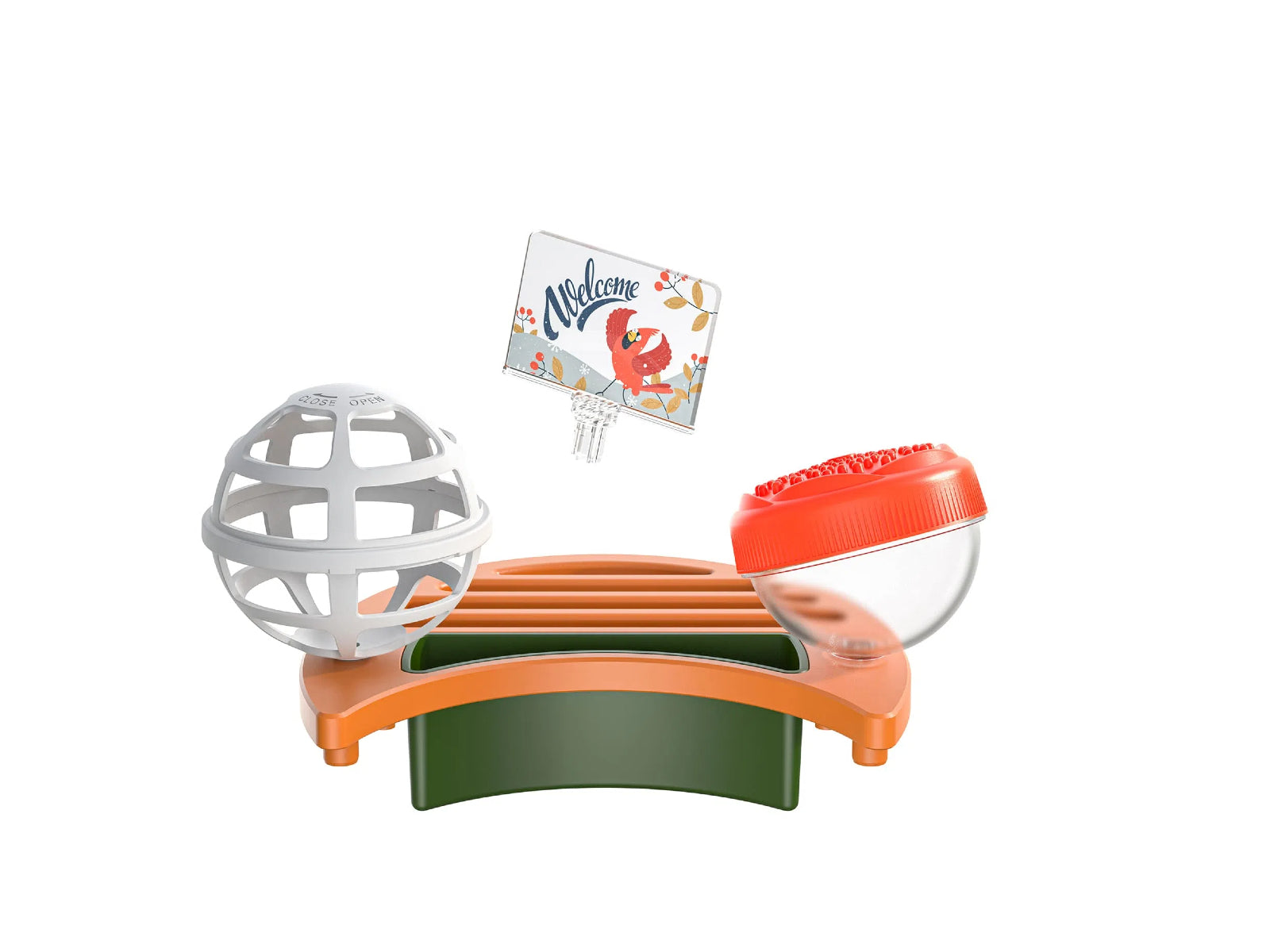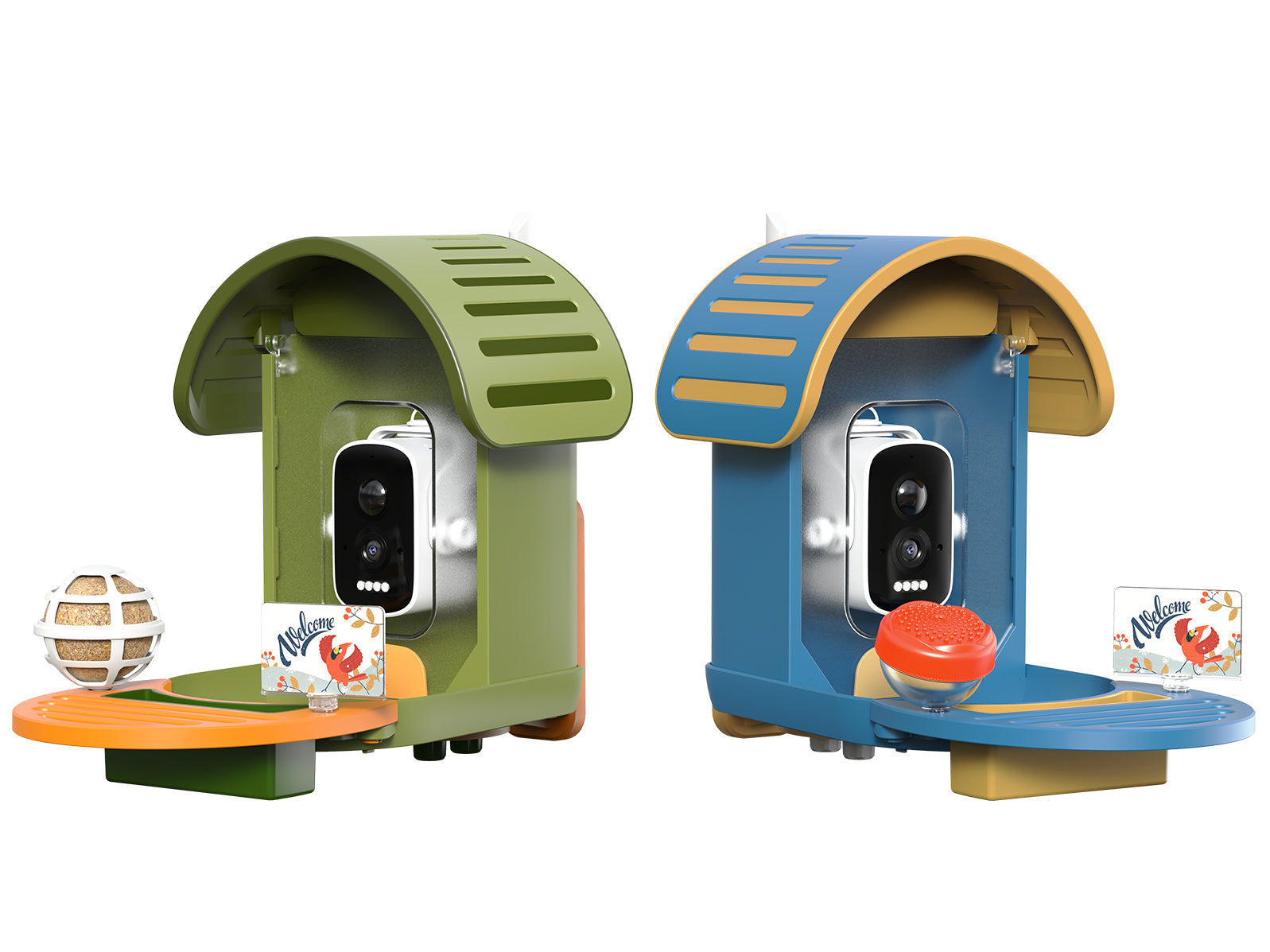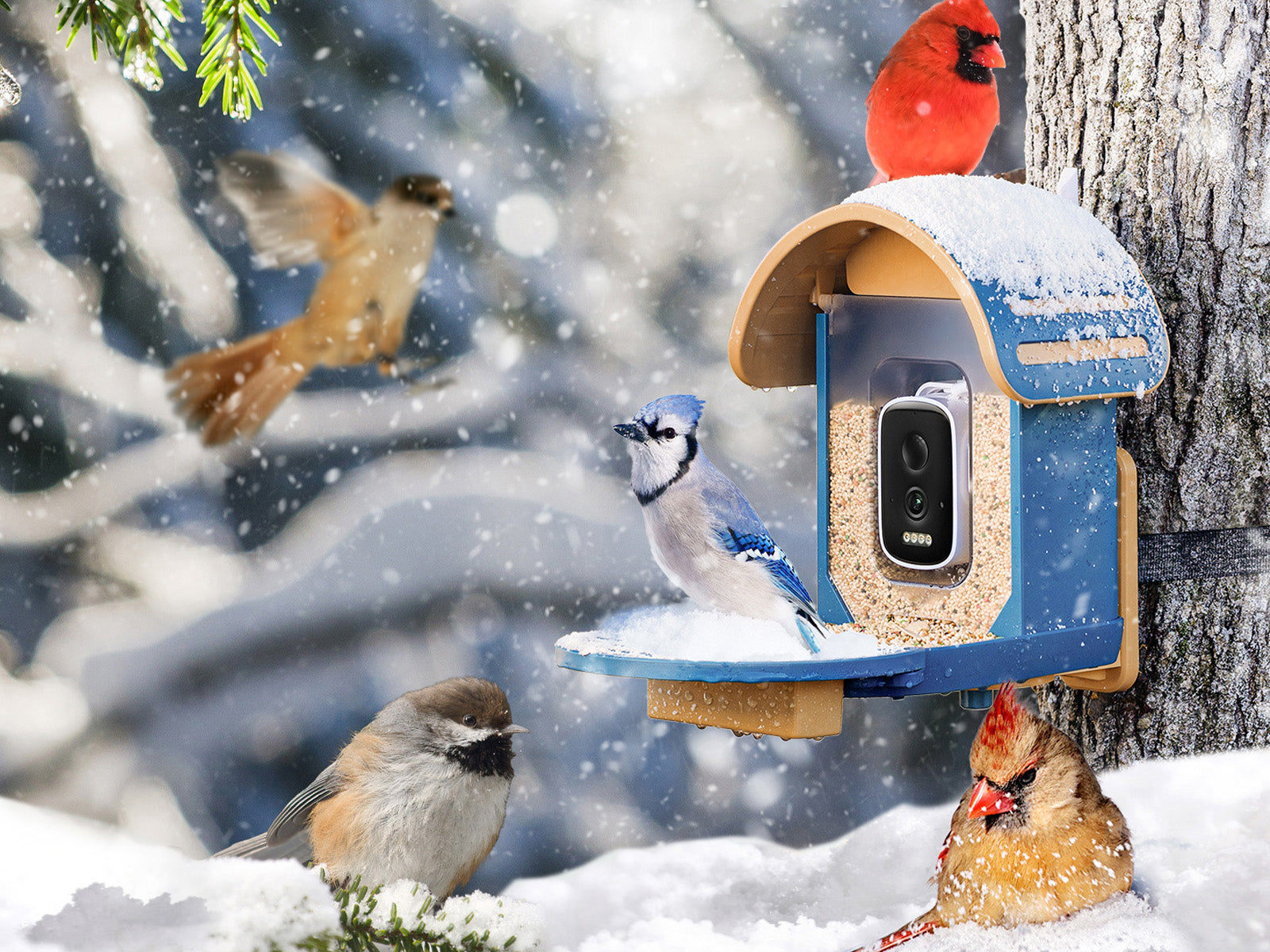

How to Create a Winter Bird Haven in Your Backyard: Expert Tips
Winter can be a challenging time for wild birds, with food sources becoming scarce and the weather turning cold. But you can turn your backyard into a bird haven by following expert advice on how to attract and support birds during the colder months. With just a few simple steps, you can provide birds with the shelter, food, and water they need to thrive through the winter.
1. Prioritize Safety for Birds
Ensuring the safety of visiting birds is essential. Experts recommend using protective measures for your windows, such as decals or screens, to prevent bird collisions. Cats should also be kept indoors to avoid endangering the birds. Joe Liebezeit from the Portland Audubon Society advises cleaning your bird feeders regularly to reduce the risk of disease transmission, particularly during the winter months. A clean, well-maintained feeder is essential for keeping the birds healthy.
2. Create Natural Habitat
Providing shelter is just as important as offering food. Evergreens, trees, and shrubs can serve as natural perches for birds, offering shelter from wind, snow, and predators. You can also create brush piles in less-trafficked areas of your yard, which will provide additional refuge for birds seeking protection from the elements. Another way to enhance your yard’s habitat is by planting winter-fruiting trees like hollies and viburnums, or leaving seed-bearing plants like coneflowers and black-eyed Susans standing to provide food.
3. Provide Nutritious Food for Birds
Winter is a time when birds require extra calories to stay warm and maintain energy levels. Be sure to fill your feeders with food that is high in fat and oils, such as black oil sunflower seeds and thistle seeds. Suet cakes are another excellent option, providing much-needed fat during the cold months. If you want to go the extra mile, consider making your own suet cakes at home with a simple recipe using wild bird seed, oats, cornmeal, and nut butter. Hang suet cakes in tree branches or use specialized suet feeders to ensure they’re easily accessible to the birds.
4. Keep Feeders Accessible and Stocked
When placing your bird feeders, choose locations that are sheltered from strong winds and provide nearby perches for birds to rest on. It’s important to keep feeders consistently filled, especially during severe weather. To make it easier for ground-feeding birds like mourning doves, shovel or pack down the snow beneath the feeders so they can access fallen seed. A bird-friendly environment encourages birds to visit regularly and stay nourished.
5. Offer Fresh Water
Birds need more than just food to survive in the winter; they also need water. A heated birdbath or water dish will ensure that your feathered visitors always have access to fresh, unfrozen water. Remember to clean the water source regularly to prevent the growth of bacteria.
Enhancing Your Backyard with Vinguys Smart Bird Feeders
One of the best ways to provide a high-quality feeding experience for birds in winter is with the Vinguys V-feeder. This smart bird feeder features HD resolution and a wide-angle view, allowing you to monitor birds in real-time through its mobile app. With its durable design, it can withstand harsh winter conditions and provide birds with the food and shelter they need. Plus, its intuitive features like auto-recording ensure that you never miss any of the fascinating moments when birds visit your backyard.
For a more interactive and rewarding bird-watching experience, consider using the Vinguys V-feeder this winter. Whether you're an avid bird watcher or just looking for a way to help your local wildlife, this feeder provides both convenience and joy in one sleek package. Not only will you support wild birds, but you’ll also enjoy capturing every visit, making your winter bird-watching experience even more special.
By following these expert tips and incorporating smart solutions like the Vinguys V-feeder, you can create a welcoming space for birds, providing them with a safe and nourishing environment throughout the colder months. Happy birdwatching!
